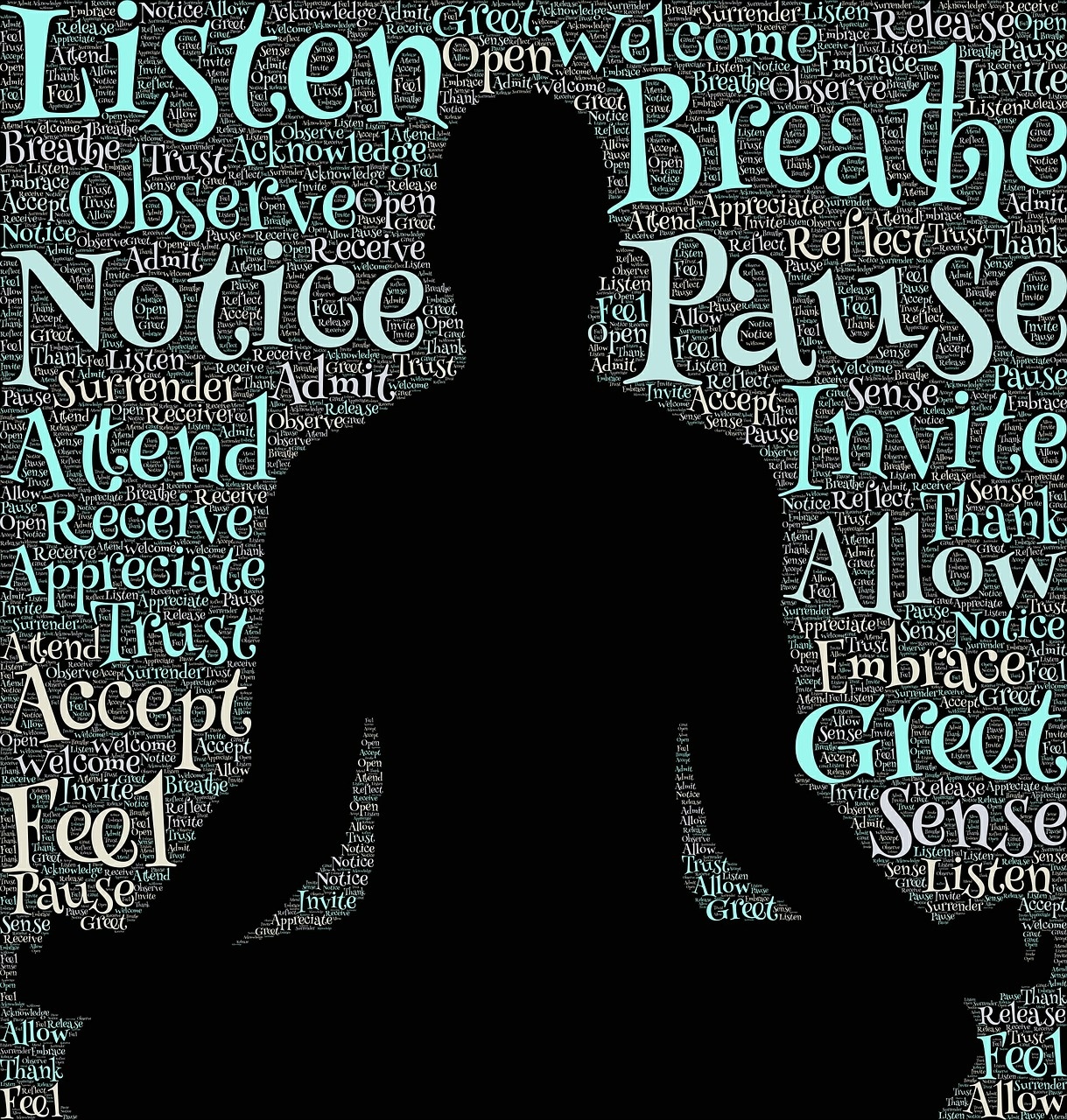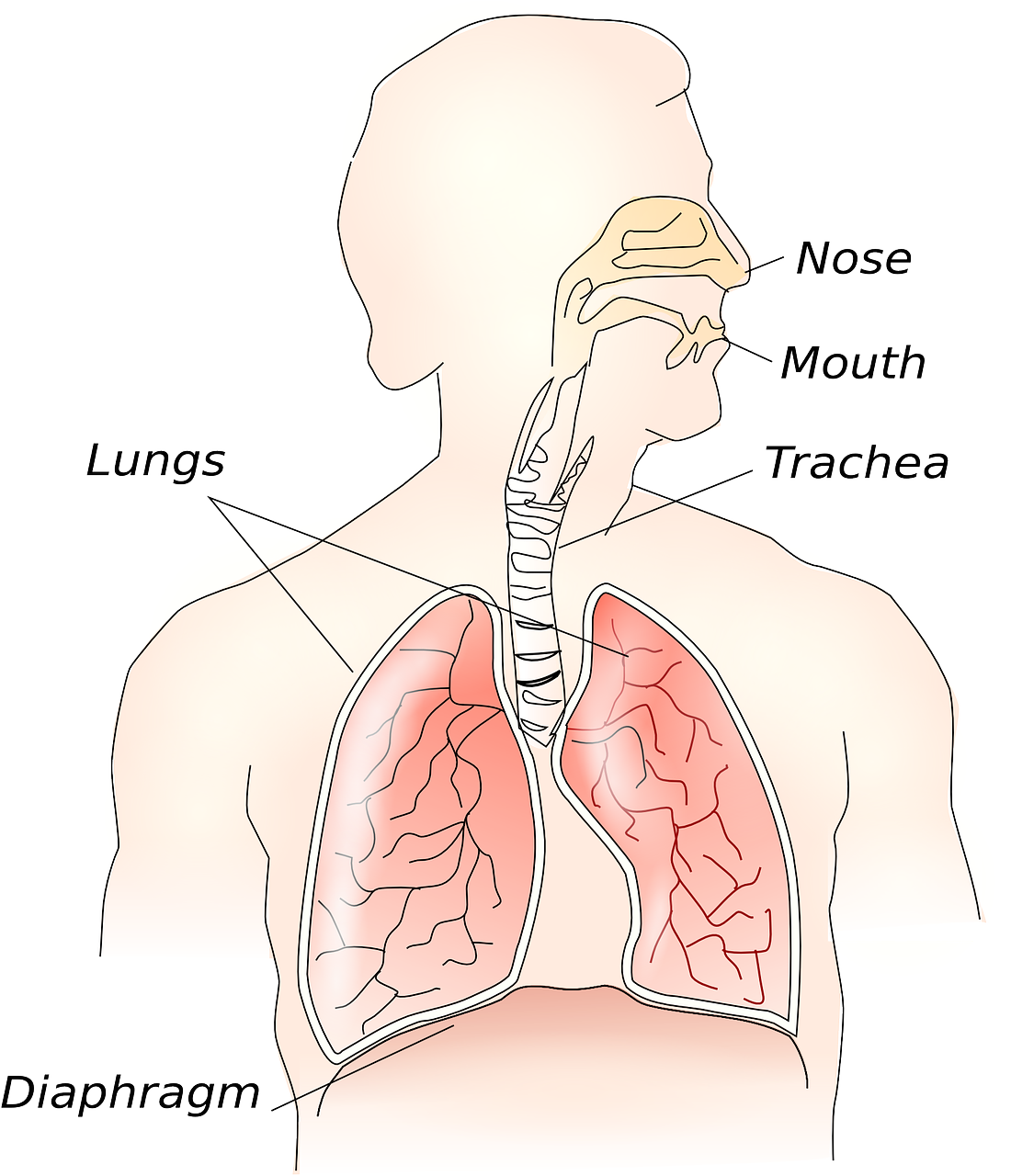A breath of difference. If you are getting regular massages in your Infinity Massage Chair, but are still dealing with some tension and pain, perhaps you should try deep breathing techniques. Many already know that breathing deeply in general helps relaxation. Massage therapists often guide their clients toward diaphragmatic breathing during a session to complement their bodywork. But just how much of an influence does breathing have?
Breathe Away Pain
A study published in the January 2010 edition of Pain, the journal of the International Association of the Study of Pain, demonstrated that controlled breathing at a slowed rate can significantly reduce feelings of pain. This study observed pain responses of women with the chronic pain condition fibromyalgia and compared them to healthy women of the same age.
Researchers found that while deep breathing techniques had greater benefits among the healthy study participants than those with fibromyalgia, even those with fibromyalgia benefitted from slowed breathing.
These findings suggest that deep breathing techniques could provide an additional way to deal with fibromyalgia or other types of chronic pain, according to lead researcher Dr. Alex J. Zautra, a psychology professor at Arizona State University in Tempe.

Holistic disciplines, yoga, and meditative practices teach deep, slow, diaphragmatic breathing techniques. Based on Zautra's hypothesis and other health findings, deep breathing benefits likely occur because of one or a combination of the following:
- Nervous system balance: Slow breathing helps improve the balance between the sympathetic nervous system (the fight-or-flight response that raises heart rate, blood pressure, and perspiration during stress) and the parasympathetic nervous system (responsible for the relaxation response).
- Oxygenation: Shallow, rapid breathing restricts the amount of oxygen available to circulate in the bloodstream, while deep diaphragmatic breathing increases oxygen intake. Deep, slow breathing more than doubles the blood's oxygen quantity.
- Muscle hypertonicity: Your neck and shoulder muscles tighten when you breathe in a shallow, rapid manner, which can cause chronic pain in these areas.
Expel Stress With Deep Breathing
In addition to pain relief, exercising deep breathing during massage can also eliminate stress. Every cell in your body requires a continual exchange of oxygen and carbon dioxide to function properly—so it's no wonder that good, deep breathing helps you feel better and relax! Tense muscles, poor posture, tight clothing, or emotional stress can restrict breathing.
We either use our upper chest muscles or our abdominal muscles to breathe. Chest breathing uses the upper chest muscles to open up the rib cage, resulting in shallow breathing. Abdominal breathing uses the muscles in the abdomen, sides, and back of the lower torso to permit the maximum lowering of the diaphragm, fully expanding the chest. When your lungs can be filled, up to eight times more air is taken in per breath than with chest breathing! This increased air intake allows for greater blood oxygenation.

When you breathe deeply and fully, you'll feel your belly, lower ribcage, and lower back all expand on inhalation, as your diaphragm is drawn down deep into the abdomen, then retract upon exhalation. This movement of the diaphragm combined with the horizontal movement of the belly, ribcage, and lower back helps detoxify inner organs, promote blood flow and peristalsis (the process by which your muscles move food down to your digestive tract), and pump lymph more efficiently through the lymphatic system. Each of these benefits mirrors those of massage therapy, which is why the two go hand-in-hand.
The following factors contribute to effective abdominal breathing:
- Proper Posture: Good posture allows the chest muscles to expand with little effort. Slouching forces the weight of the upper chest onto the abdomen. Poor posture requires more energy for respiration than when the back is straight and relaxed.
- Refraining from Overeating: Eating too much can extend the stomach to press on the diaphragm, hindering its movement and restricting abdominal breathing.
- Relaxation: Our muscles naturally contract when we are tense. This only feeds to the pain cycle and inhibits abdominal breathing. Focus on muscular relaxation to achieve greater chest expansion and be conscious of your abdominal breathing to help relax those muscles.
Abdominal breathing is a major component of many techniques for stress reduction and relaxation, like massage therapy. So when you're enjoying a session in your Infinity Massage Chair, be sure to practice relaxation breathing to reap the full benefits of every massage.